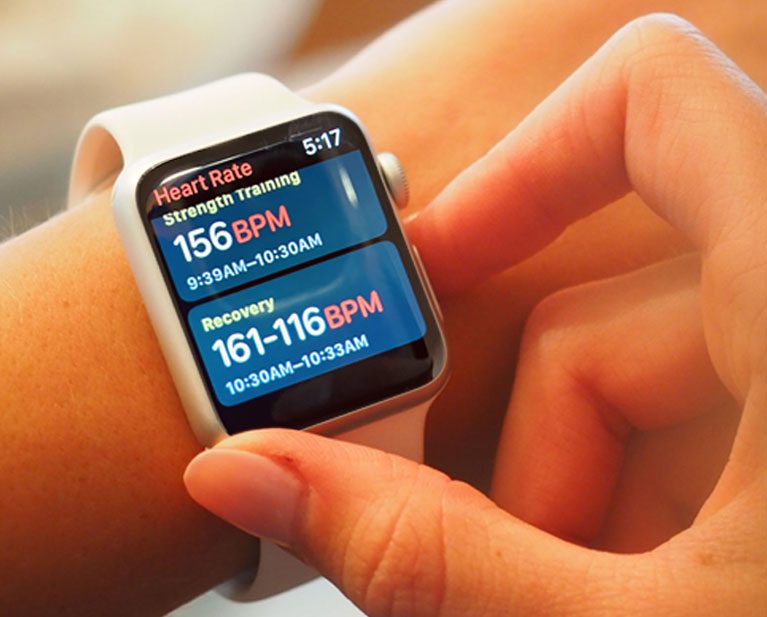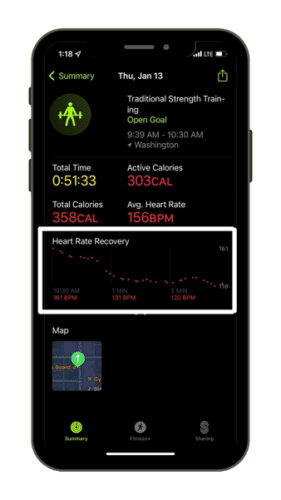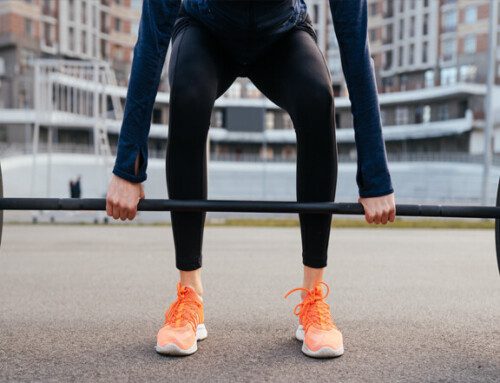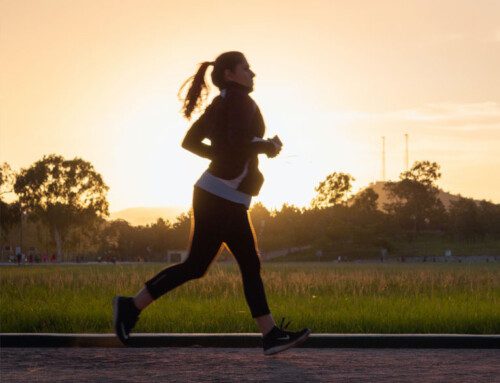Heart rate recovery (HRR) after exercise can be used to easily assess the status of your cardiovascular health. HRR tells you how fast your autonomic system can switch from using its sympathetic system (fight or flight) to using its parasympathetic system (resting state) [1].
So, what does this exactly mean?
The faster your heart rate recovery is per minute after exercise, the better your cardiovascular system can adapt to high stress from exercise by being able to help you recover more quickly. Studies also show that HRR rates are good predictors of mortality linked to heart diseases [2].
This study defined a low heart rate mortality as <12 beats per minute in normal (non-elite exercising individuals). In addition, they considered a normal heart rate recovery rate to be ≥17 bpm.
Another study tested heart rate recovery in elite, Caucasian, male athletes. They found that their heart rate recovery rate 1 minute after exercise was, on average, 29 bpm for the adult male [3].
How to track?
Using any heart rate tracking device such as an Apple Watch or a Whoop tracking wristband, you are able to monitor your heart rate during a workout. These companies have apps, that tell you information about your heart rate during your workouts, and the HRR after a workout. Record your heart rate reading right after a workout, and then check on it again after one minute. Take the difference between the two numbers to see what your HRR is after one minute.
Main Take Away
Understanding the pace of your HRR rate can help you get an idea of how optimal your heart is functioning, especially after a workout. Also, this can help you get healthier and prevent further cardiovascular complications in the future. There are many variables that can affect the accuracy of these readings, but it is a good way for you to start tracking/monitor your cardiovascular adaptability and your fitness levels.
At Set Physical Therapy, we can help you prevent injury, work through injuries, or help jump-start you on how to get into a fitness plan to live a happier and healthier lifestyle. Feel free to contact us to talk with one of our physical therapists today!
Sources:
- Imai, K., Sato, H., Hori, M., Kusuoka, H., Ozaki, H., Yokoyama, H., Takeda, H., Inoue, M., & Kamada, T. (1994). Vagally mediated heart rate recovery after exercise is accelerated in athletes but blunted in patients with chronic heart failure. Journal of the American College of Cardiology, 24(6), 1529–1535. https://doi.org/10.1016/0735-1097(94)90150-3
- Cole, C. R., Blackstone, E. H., Pashkow, F. J., Snader, C. E., & Lauer, M. S. (1999). Heart-Rate Recovery Immediately after Exercise as a Predictor of Mortality. New England Journal of Medicine, 341(18), 1351–1357. https://doi.org/10.1056/nejm199910283411804
- Suzic Lazic, J., Dekleva, M., Soldatovic, I., Leischik, R., Suzic, S., Radovanovic, D., Djuric, B., Nesic, D., Lazic, M., & Mazic, S. (2015). Heart rate recovery in elite athletes: the impact of age and exercise capacity. Clinical Physiology and Functional Imaging, 37(2), 117–123. https://doi.org/10.1111/cpf.12271






